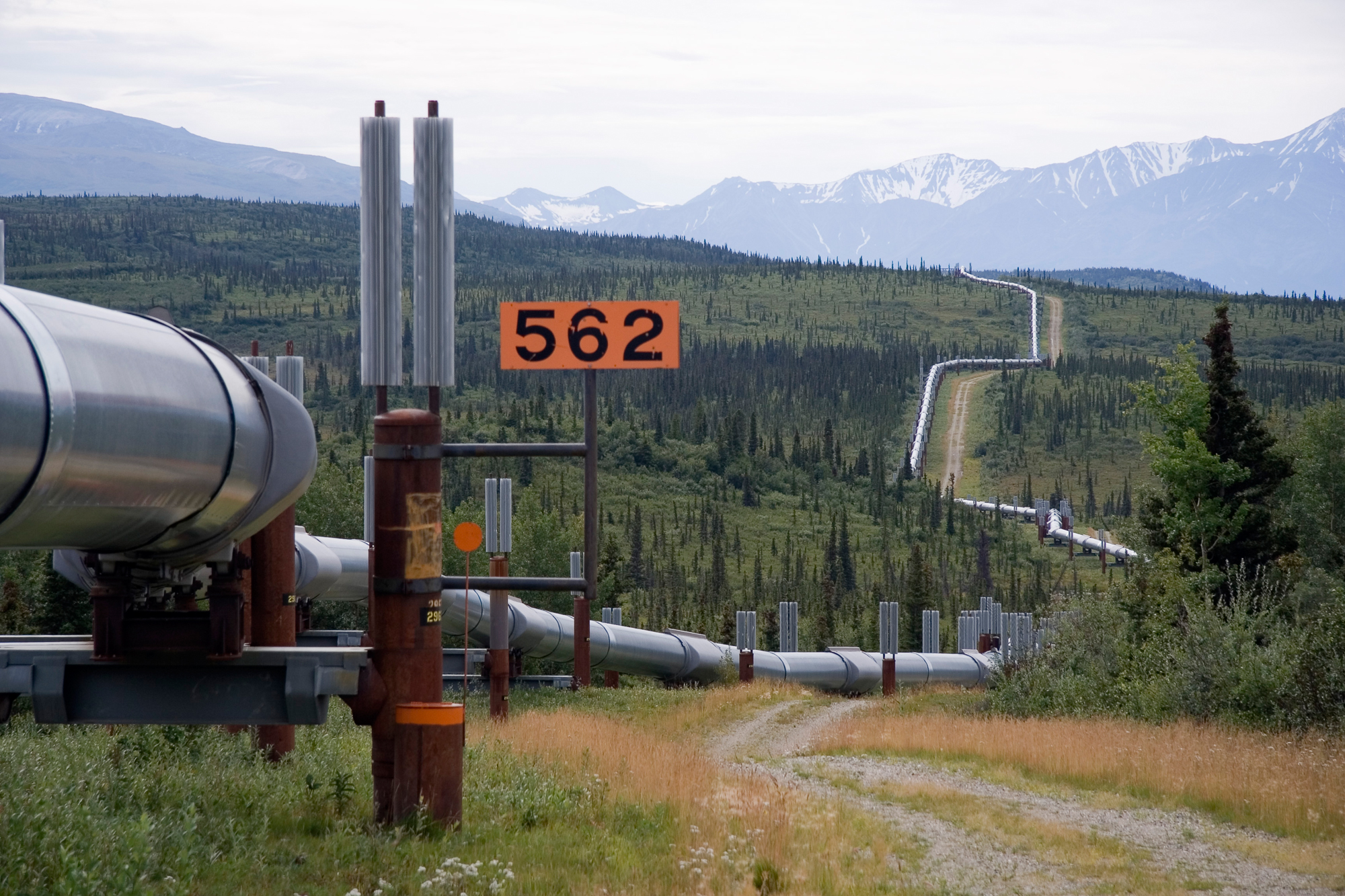Although government intervention can be portrayed as unnecessary in an abundance of circumstances, it is occasionally required when stakeholders and company representatives disregard their boundaries and ignore business ethics. Recently the Obama administration has decided to halt a $3.7 billion pipeline planned to be built in North Dakota. The motive towards the decision to deny construction was due to protests from a Native American tribe known as the Standing Rock Sioux. The tribe claimed, “The pipeline would desecrate sacred burial and prayer sites, and could leak oil into the Missouri and Cannon Ball rivers, on which the tribe relies for water.”
With the severe economic downturn that North Dakota has recently experienced with the price of oil dropping, it is understandable that the state is desperate for opportunities to strengthen their economy. Midwest Alliance for infrastructure now is in favour for the construction of the pipeline and claim, on their website (https://mwalliancenow.org/ ), that the pipeline can create more than 10 000 jobs. This would be a huge victory for the states economy in a large series of recent job losses. Yet, Native American protests and the recent government intervention continue to be a major obstacle for the pipelines stakeholders.
Even though it would it would severely impact them financially, it would be ethical for the pipeline’s stakeholders to respect the Native Americans land and alter construction to accommodate their fair proposals. Business ethics, which is the ability to recognize moral decisions in business, have been somewhat disregarded in this circumstance. The stakeholders know the pipeline will have a severe impact on the economy, yet it is unethical to destroy lakes and tear down forests that are evidently special to the Native Americans.
Many, particularly the pipeline stakeholders, view this situation as respecting business ethics and portray the Native Americans being pests and in the way of this multi billion dollar project. Yet it is the tribes right to protect their land.
A solution to this could be that the stakeholders of the pipeline respect not all of the Native American landmarks but the areas that they can prove are important to their ancestry, such as “Lake Oahe”. If the stakeholders had a strong sense of business ethics they would then further their financial funds and plan to avoid these sacred areas. Although this would not leave either side entirely happy, it would be a fair compromise for both the stakeholders of the pipeline and the Native Americans. Yet if the stakeholders continue to further their investment with lawyers, ignore business ethics and fail to compromise, it is possible that the Obama administration will deny the project all together.
Word count: 439
Source:



